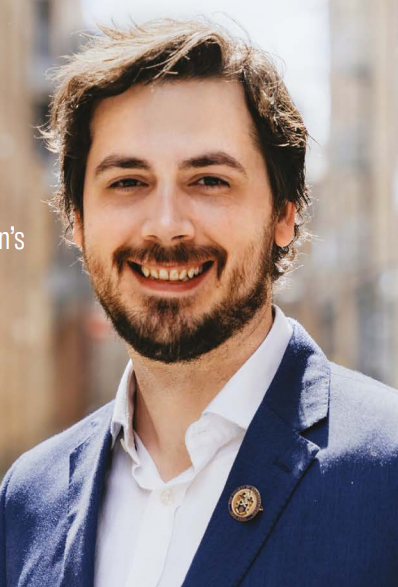
For November’s #MedRadJClub we are handing over the #MedRadJClub reins to the ultrasound community.
The selected paper is: Is there a role for professional supervision in supporting the professional and personal wellbeing of the sonographic workforce? A literature review by G Coleman and E Hyde published in Radiography this month (Volume 28, Issue 4, November 2022, Pages 991-998).
This month’s blog written by Gillian Coleman is an insightful and informative read about professional supervision, questioning why is it missing from sonography (and radiography in general)? READ IT HERE
We are excited to have Ruth Reeve as our guest moderator. Ruth is a Clinical Lead & GI Specialist Sonographer & Clinical Academic PhD fellow at Portsmouth Hospitals University NHS Trust.
Take a look at the chat themes below and scroll down to check the chat times and save the date!
Chat Themes:
1. What type of professional supervision do you have in your workplace?
2. What support or supervision is important for sonographers?
3. What is stopping / inhibiting professional supervision?
4. How can we practically develop more supervision in the workplace for sonographers?
Wednesday 23rd November in UK & Canada • Thursday 24th November in Australia & New Zealand
Times: Vancouver 12pm (23rd) /Edmonton 1pm (23rd) /Toronto 3pm (23rd) /UK 8pm (23rd)/Brisbane 6am (24th) Sydney & Melbourne 7am (24th) /Auckland 9am (24th)






